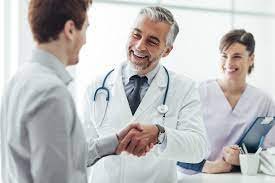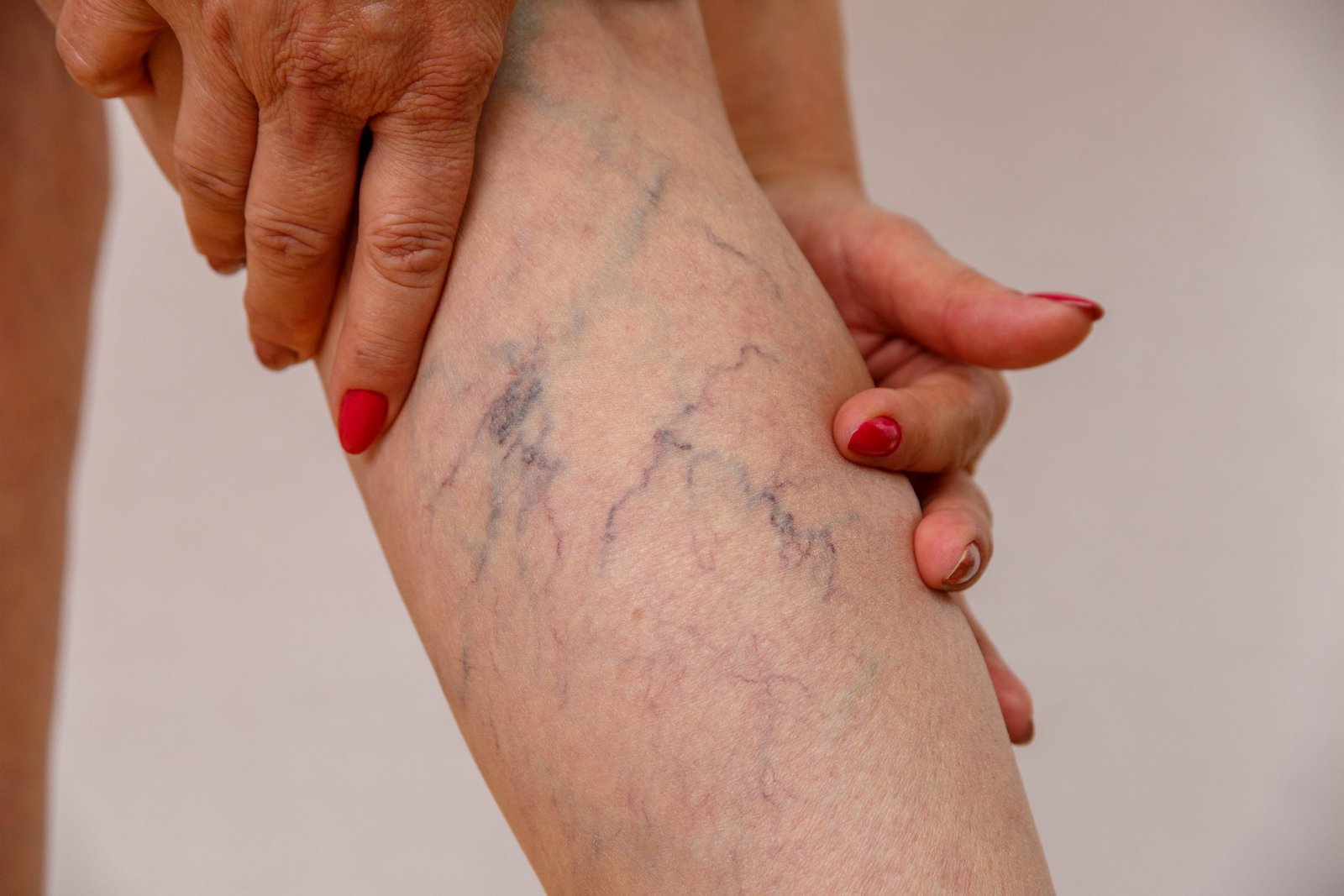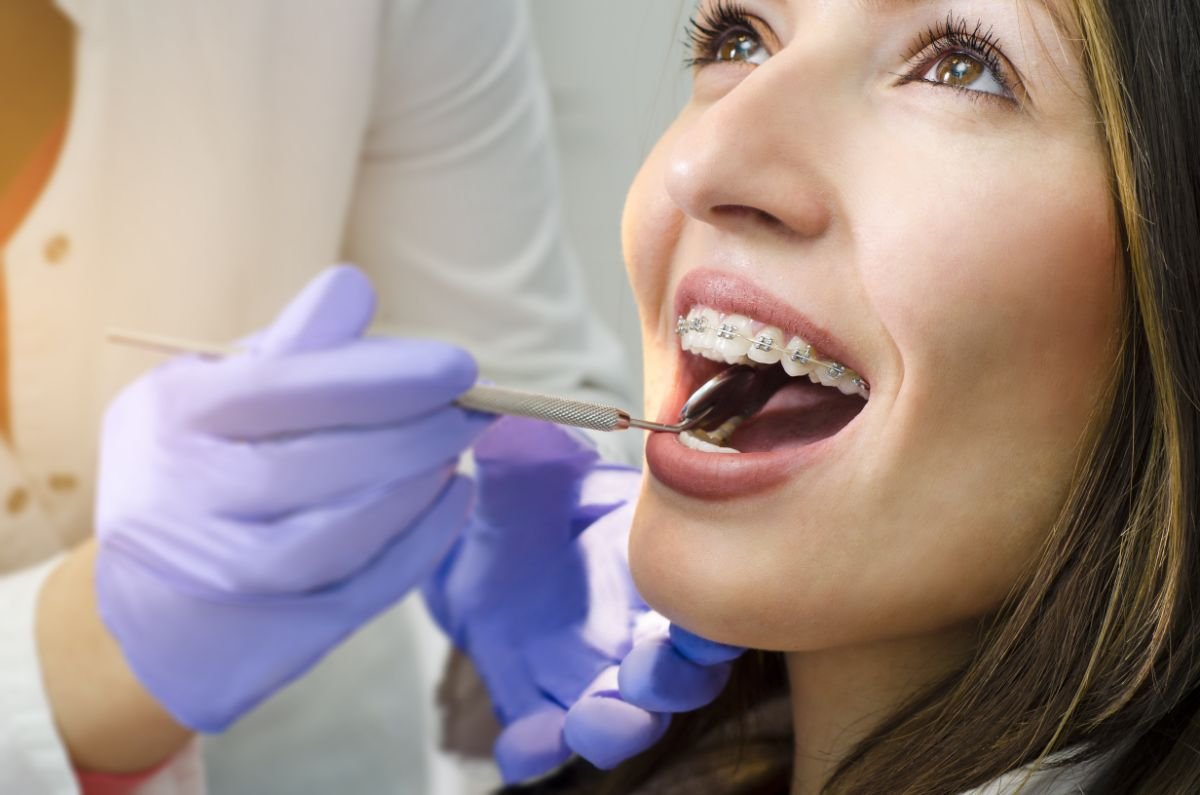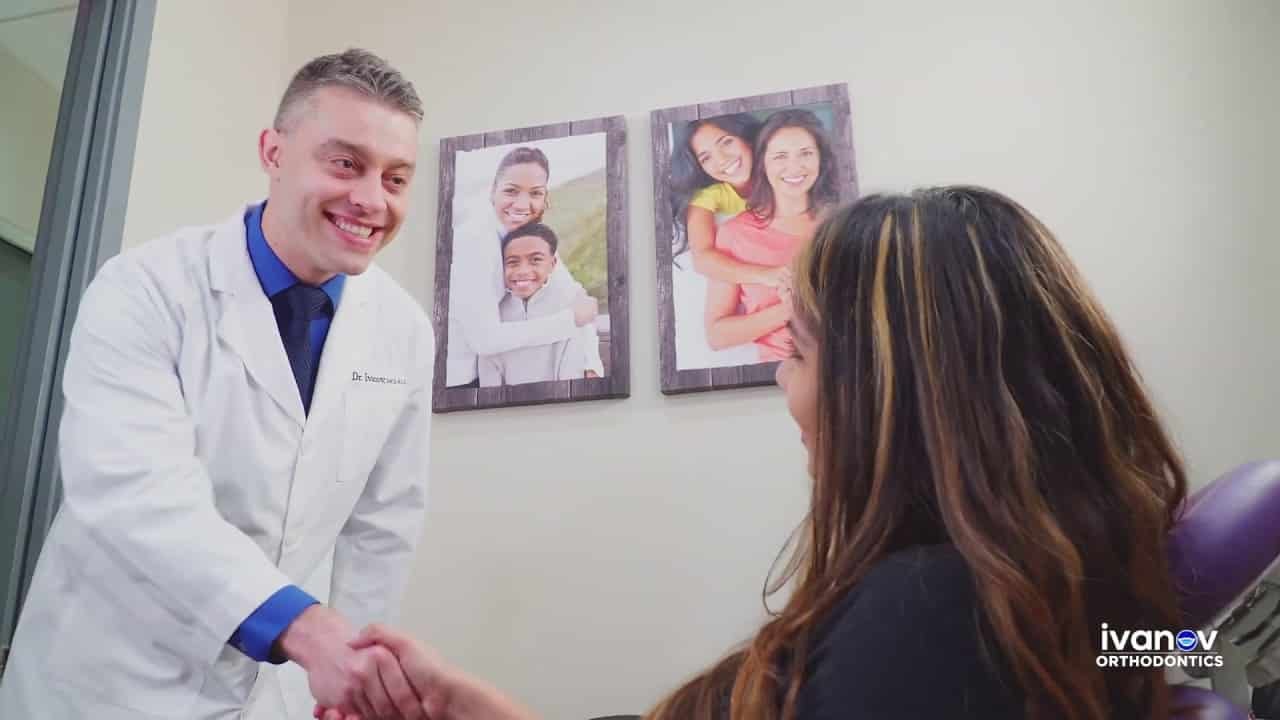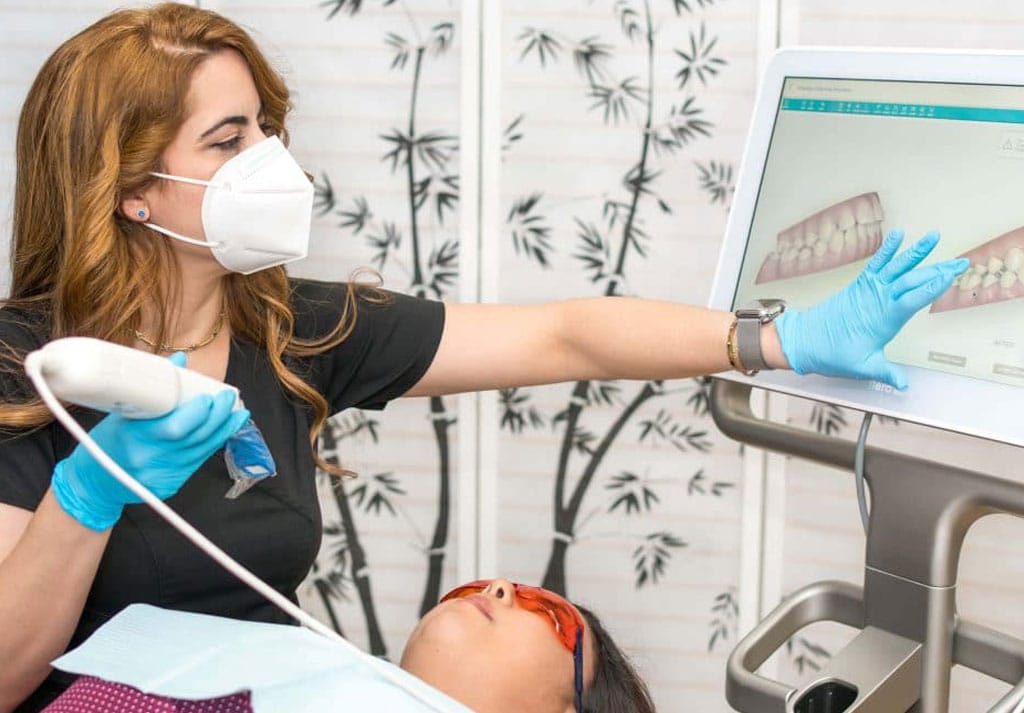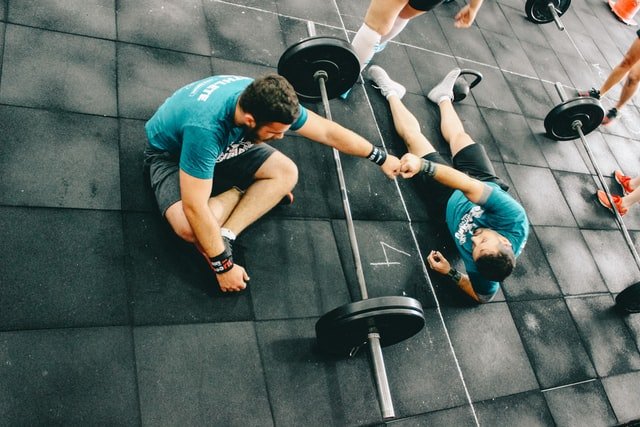What Kind of Doctor is a Vein Specialist? A varicose vein specialist is a doctor who specializes in treating venous insufficiency, the underlying condition that causes varicose veins. Your vein doctor should have received formal endovenous training throughout their residency and fellowship training. Vein-certified specialists will have completed training in interventional cardiology, interventional radiology, or vascular surgery.
Competency is confirmed by board certification in one of these specialties, readily available to picky patients. Other specialties like pain management, internal medicine, or family medicine do not receive systematic training in minimally invasive endovascular surgery. However, they are not board-certified in the field of treating varicose veins.
Who is the best doctor for veins according to specialty?
The best type of specialist to see if you have chronic venous insufficiency or varicose veins is an ABMS board-certified specialist focusing on varicose vein disease management. The doctor you choose should be highly qualified and have received vascular disease-specific training.
Not all vein doctors are indeed vascular surgeons, but given that managing vascular disease requires a great deal of experience and expertise, we advise you to consult only with vein doctors who have received formal training and are board certified in either vascular surgical treatment, interventional radiology, or interventional cardiology.
What are the reasons to visit a vein specialist?
What is a Vein Doctor Called? Vein specialists or phlebologists are vein doctors who specialize in treating veins. Here are some reasons to visit a vein specialist:
Discomfort in legs
Have you ever felt your legs heavy, achy, burning, or painful? If you encounter these distressing symptoms, you need vein treatment from a venous specialist. Heavy legs are one of the most apparent signs of vascular problems, such as chronic venous insufficiency (CVI). The usual causes of CVI include blood clots and varicose veins.
Vein discoloration
Another sign of vein disease is vein discoloration. The discoloration demonstrates that the blood pooling is due to venous insufficiency. People with varicose and spider veins can quickly happen to those who experience this symptom. Discoloration often occurs in the abdomen, legs, and feet when blood pools in the veins rather than returning to the heart. Due to the blood pooling, the pressure inside the blood vessels builds up until a leak occurs.
Twisted veins
Twisted or knotted veins are signs of varicose veins and venous insufficiency. Enlarged and twisted veins are twice as common in women as in men. If a suitable treatment plan is not implemented right away, varicose veins could seriously endanger your health. It’s best to seek medical advice from a vein specialist so they can help you with your vein issues before they get worse.
Swelling
Blood clotting may cause fluid to seep from veins into the tissues around it, which may cause the affected area to grow. Swelling is one of the usual symptoms of varicose veins. Swelling on one or both ends of the body can be a symptom of vascular conditions. It is advisable to seek treatment for varicose veins as soon as possible from a reputable vein expert.
Conclusion
The above-provided details and information talk about vein specialists and the reasons for visiting them. For more informative details and updates, please visit veintreatmentnyc.com.

